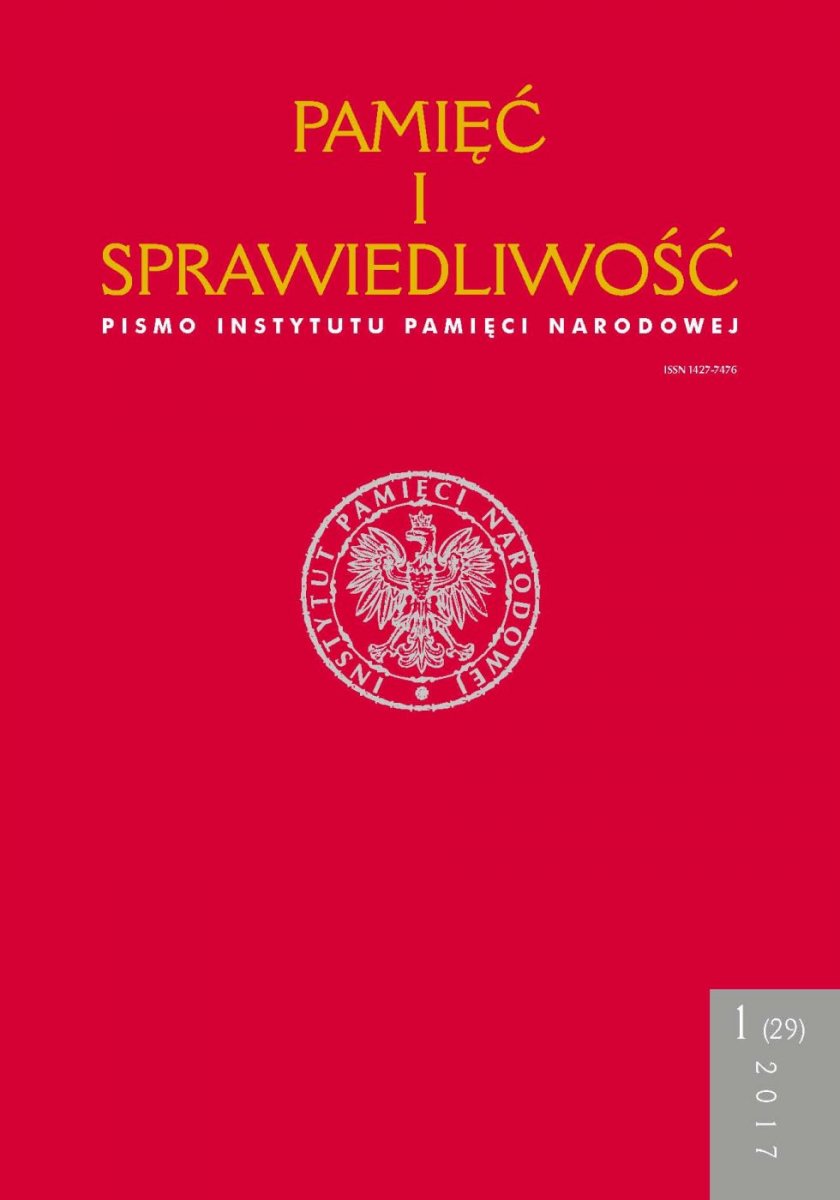Audiencje polityków komunistycznej Polski u papieża w latach 1945–1978
Polish Communist Politicians’ Audiences with the Pope in 1945–1978
Author(s): Wojciech KucharskiSubject(s): Christian Theology and Religion, Diplomatic history, Politics and religion, WW II and following years (1940 - 1949), Post-War period (1950 - 1989), History of Communism
Published by: Instytut Pamięci Narodowej
Keywords: Communist diplomacy; foreign policy of the Polish People’s Republic; Holy See; Pius XII; John XXIII; Paul VI; eastern policy of the Vatican; state-Church relations;
Summary/Abstract: After the Second World War, Communist Poland and the Holy See did not maintain official diplomatic relations for over a quarter of the century (1945–1974). Despite that complicated situation, there were several personal meetings between the Pope and the representatives of Communist Poland during the pontificated of Pius XII, John XXIII and Paul VI. These meetings seemingly confirm the definite rule of the Vatican’s diplomacy which does not refuse to talk with anyone and to conduct dialogue in any situation. The analysis of the circumstances and the courses of meetings between Communist politicians from Poland and the Pope allows us to draw the line that divides the period in question into two parts. Until 1965, the Pope held audiences with Catholic activists engaged in public Communist Poland, while after that date, there were also meetings with Communist politicians, including two foreign ministers and a First Secretary of the Central Committee of the Polish United Workers’ Party. Throughout nearly the entire period, the primary goal of the relations between Poland and the Vatican, including meetings with the Pope, was to win the Holy See’s favour, particularly in opposition to the Primate, and create the propaganda image of religious freedom and good relations between the state and the Church in Poland. It is difficult to assess how the Holy See benefited from those meetings. The dialogue started in 1965, and it took an institutional form in 1974, but that did not affect the model of religious policy in Poland, and the strong position of the Church did not result from the dialogue between the Communists and the Vatican, but the unrelenting and principled policy of the Episcopate lead by the Primate. I have based the present article primarily on materials prepared by the Communist diplomatic service and stored in the Archives of the Ministry of Foreign Affairs and documents prepared by the Party and administration of the Communist Poland, particularly the Office for Religious, and stored at the Polish Central Archives of Modern Records. Diaries and memoirs also proved to be important – particularly those by Jerzy Zawieyski and Janusz Zabłocki.
Journal: Pamięć i Sprawiedliwość.
- Issue Year: 29/2017
- Issue No: 1
- Page Range: 50-71
- Page Count: 22
- Language: Polish

